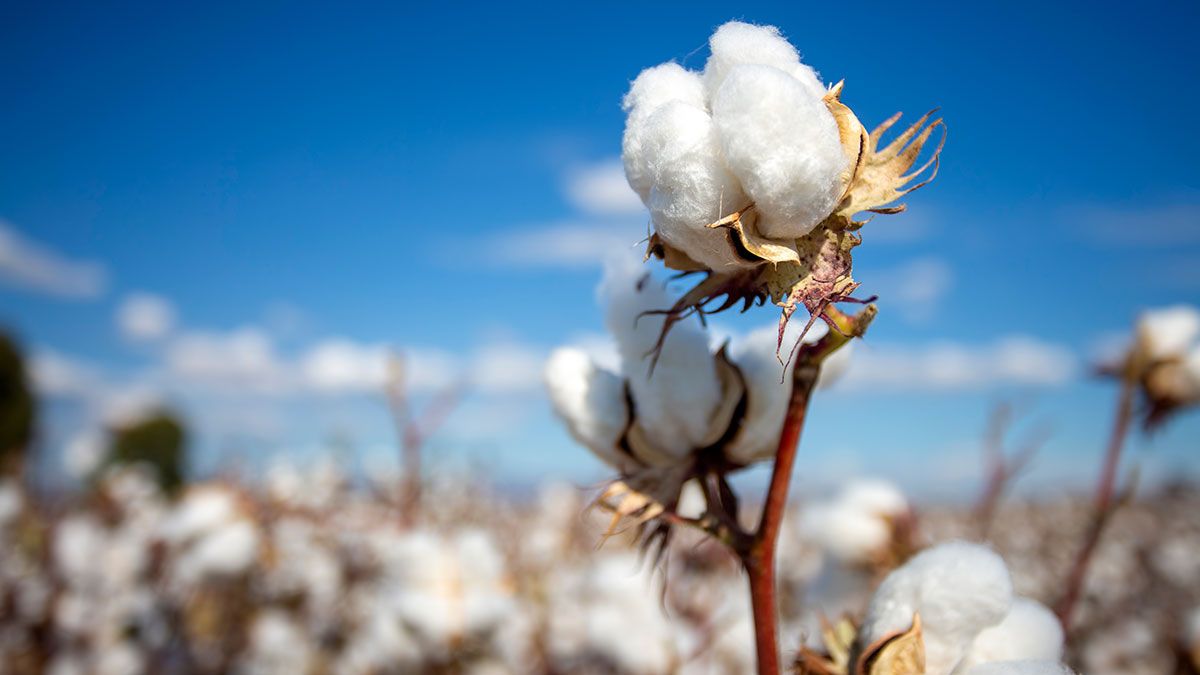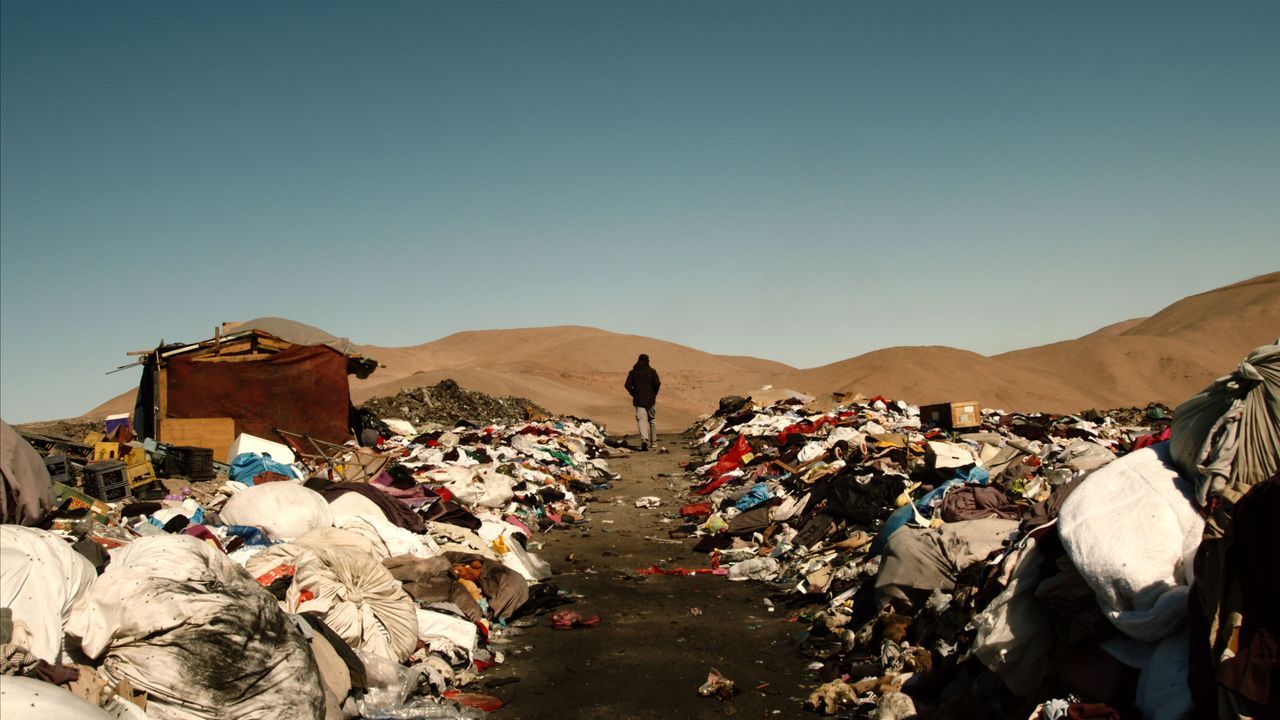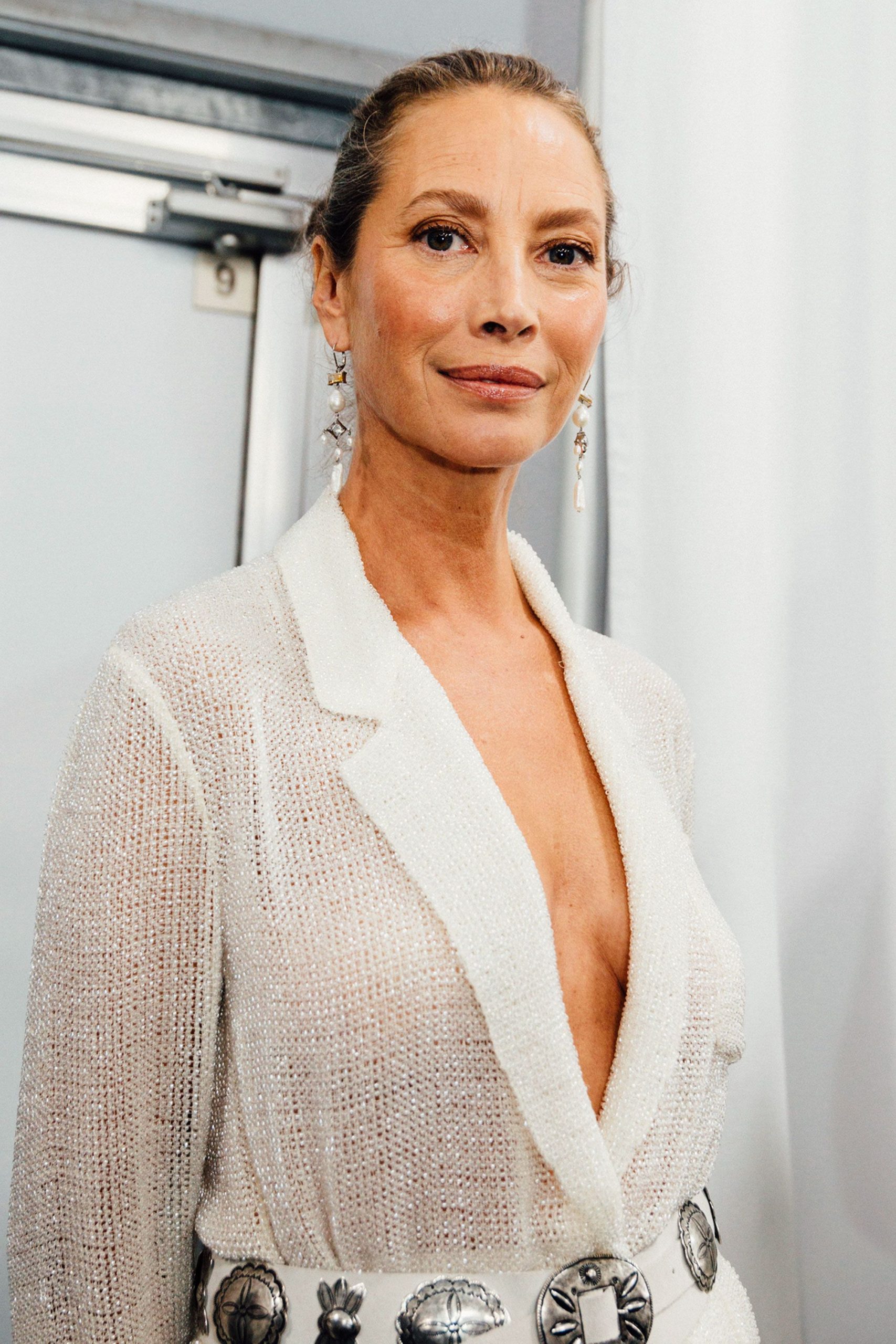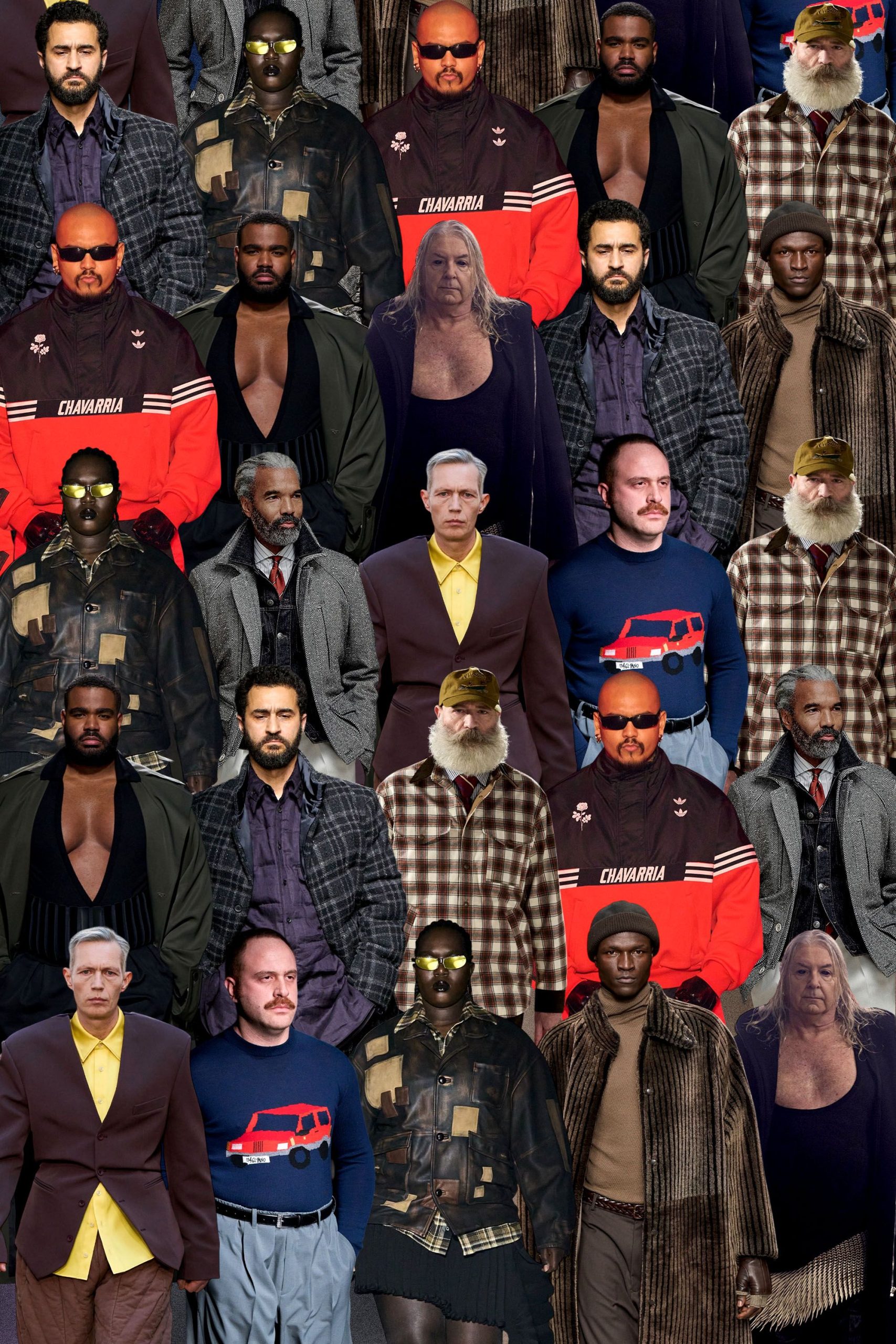
Sign up to receive the Vogue Business newsletter for the latest luxury news and insights, plus exclusive membership discounts.
The fashion industry urgently needs to decarbonise its supply chain to limit dangerous temperature rises and severe climate impacts, experts say. Raw materials can make or break a brand’s climate targets — constituting as much as two-thirds of a brand’s climate impact, according to Boston Consulting Group. The problem is there are few low-impact raw materials and even fewer incentives to transition how they are produced, particularly within agricultural systems.
“The way the system works today, there’s a lack of incentive for farmers to switch from conventional production to more low-impact production, and there’s also a burden for brands to directly connect with farmers in order to claim greenhouse gas (GHG) reductions and removals directly. It’s a systematic issue, and it needs the weight of the industry behind it,” says Eva von Alvensleben, executive director of The Fashion Pact, a non-profit initiative founded in 2019 to foster cross-industry action towards net-zero, led by CEO engagement.
The lack of incentives makes it hard for farmers to transition their practices, given the financial risks involved in addition to the need for data and collection that most farmers don’t have the proper infrastructure for. But demand for more sustainability materials is expected to spike in the coming years — with demand exceeding supply by 133 million tonnes by 2030, according to Boston Consulting Group — as brands can’t achieve their sustainability targets without them. “We don’t have enough low-impact raw materials” for brands to manufacture their collections from, says von Alvensleben. “There is a concrete need to invest in that raw material stage.”
To fill that gap, The Fashion Pact has set up the Unlock programme, in partnership with sustainability consultancy 2050 and climate innovation NGO Future Earth Lab. Unlock, which began as a pilot in 2023 and is now set to scale beyond that initial test, offers financial incentives to farmers while allowing brands to invest in regenerative farming and purchase cotton grown using more eco-friendly practices. The programme doesn’t incentivise organic in addition to regenerative practices (one does not mean the other), but says it can include organic and some farmers currently enrolled are committed to transitioning to organic. The programme partners with Better Cotton, Climate Beneficial Verification Programme and Staple Cotton Cooperative Association among others, though Unlock itself is a certification-agnostic system, meaning it’s flexible and can be used with a variety of certification programmes.






